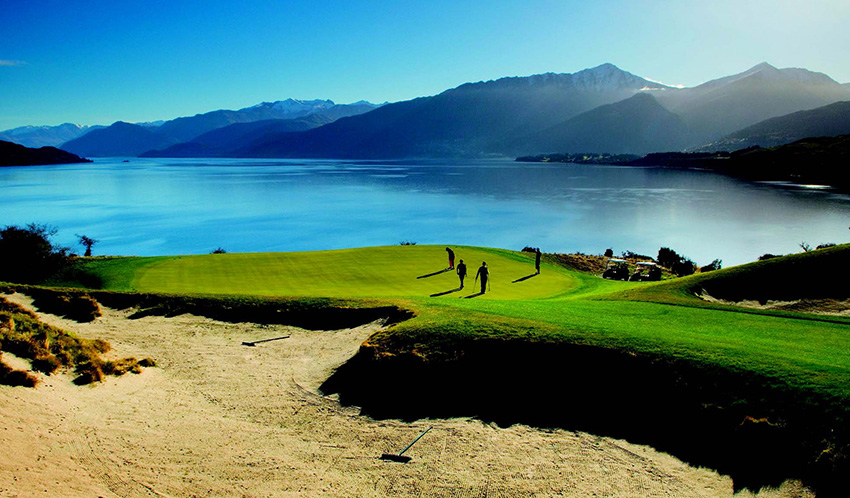New Zealand Golf’s role as the leadership and governing body is to take a whole of golf view and we are currently reviewing our strategic approach for the period through to 2025. By the end of the year we will publish our new strategic plan and while we still have a bit of work to do and more consultation to undertake, we have a really good feel for the current challenges facing the sector and where our work needs to be prioritised.
From a broad perspective, New Zealand is fortunate to have a well-established sport system that features high rates of participation and a proud record of winning on the world stage. Sport is ingrained in the kiwi culture and it’s a core part of our heritage. Success in golf at the highest level stops the nation and brings New Zealanders together.
While the New Zealand golf story is positive and proud, there are many challenges ahead. The times are changing. Traditional sporting models and codes are under threat from rapid societal changes and global trends towards inactivity. The face of New Zealand is changing, and the way people want to engage in sport is changing.
Sport NZ believe ‘if we don’t act now, our sporting culture, and all of the benefits it provides to New Zealand and New Zealanders, could be lost’. Golf is not immune to these challenges. It’s crucial that the sport embraces the future and plans effectively to meet the changing needs of participants.
This means not only sustaining what we currently have in terms of grass roots participation and performance success but delivering a sport that attracts a new generation of participants who develop a lifelong love of the game.
Through our consultation, analysis and research, our view is that there are three major challenges for us as a golf sector:
- Participation and Membership Levels
Demographic changes, busier lives and rising living costs are influencing the overall number of people playing golf and when and where they play. While clubs are increasingly seeking new ways to attract participants and increase their long-term sustainability, today’s golfer is increasingly a casual player without a membership who prefers to participate in an unstructured and flexible way. Some have budget constraints, most have limits on their time. Our challenge here is to maintain or increase the number of current participants while also attracting new and younger participants as they are the long-term future of our game.
- Maintaining a Healthy and Robust Golf Clubs and Facilities Network
An estimated half of golf clubs in New Zealand are experiencing financial difficulties with some considering their long-term futures. A few clubs have needed to merge, and some have relocated or closed. Casual golf participation and golf tourism is growing but membership levels are slowly declining, and clubs must manage multiple challenges. These challenges include changing societal and leisure habits, an ageing player demographic, increasing operating costs and ongoing financial pressure. In some areas, there is also a growing pressure on land supply from local councils.
To compound matters, many clubs rely heavily on volunteers to remain open and keep their course playable. Recruiting new volunteers is a challenge and succession planning is a major concern.
- Enhancing the Profile of Golf
Gemba research tells us that golf in New Zealand is often seen as a sport for the middle to upper class white male at the exclusion of others. It is seen by some as inaccessible, expensive and overly stuffy. It is in particular not seen as a relevant, accessible or desirable sport for young people.When compared to other sports (those measured include tennis, group exercise, rugby, basketball, cricket, football, hockey, yachting, fishing, lawn bowls), people see golf as being more ageless, international and having more integrity than these sports, but also more exclusive, boring and for older people.
Our challenge here is to increase the positive profile and perception of the sport in a manner that inspires participation. As the face of New Zealand changes, we must continue to enhance the profile of our game so that it is attractive to the participants of the future.
Our future planning sessions are closely considering these matters and how our organisation can develop strategies to meet these challenges. While I’ve laid some of the major issues in front of us, pleasingly there are also a great number of opportunities.
Protecting golf’s special heritage is a big job however it is absolutely achievable if we all play our part.
It will certainly take more than the efforts of New Zealand Golf to ensure the sport thrives in the future and we firmly believe future success will be a result of the collective efforts of everyone who makes golf happen at every level around the country.
We all need to play our part in ensuring golf continues to thrive and enrich the lives of New Zealanders.

















